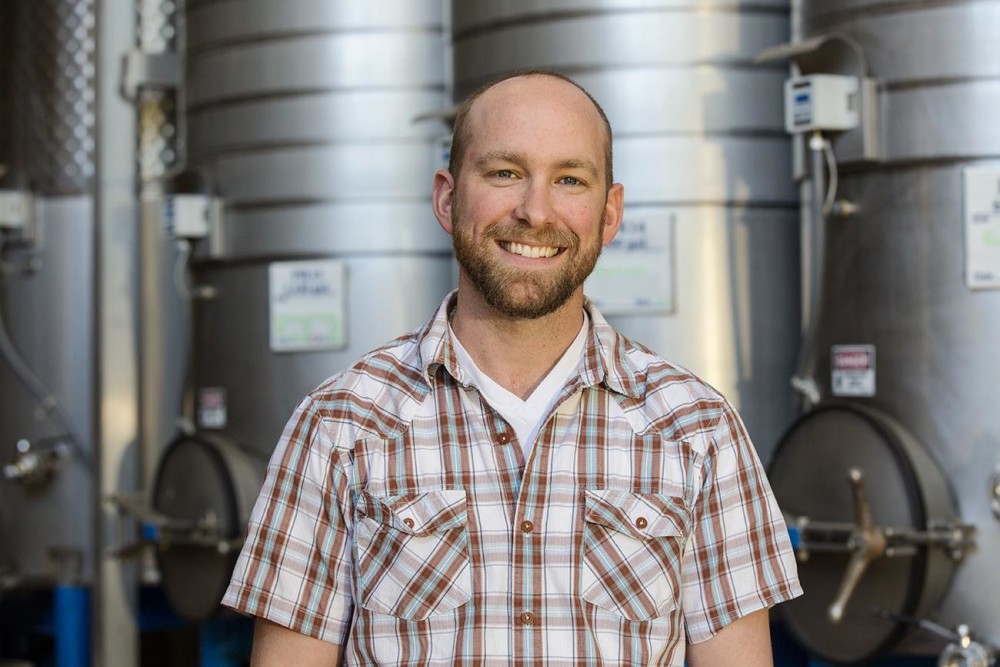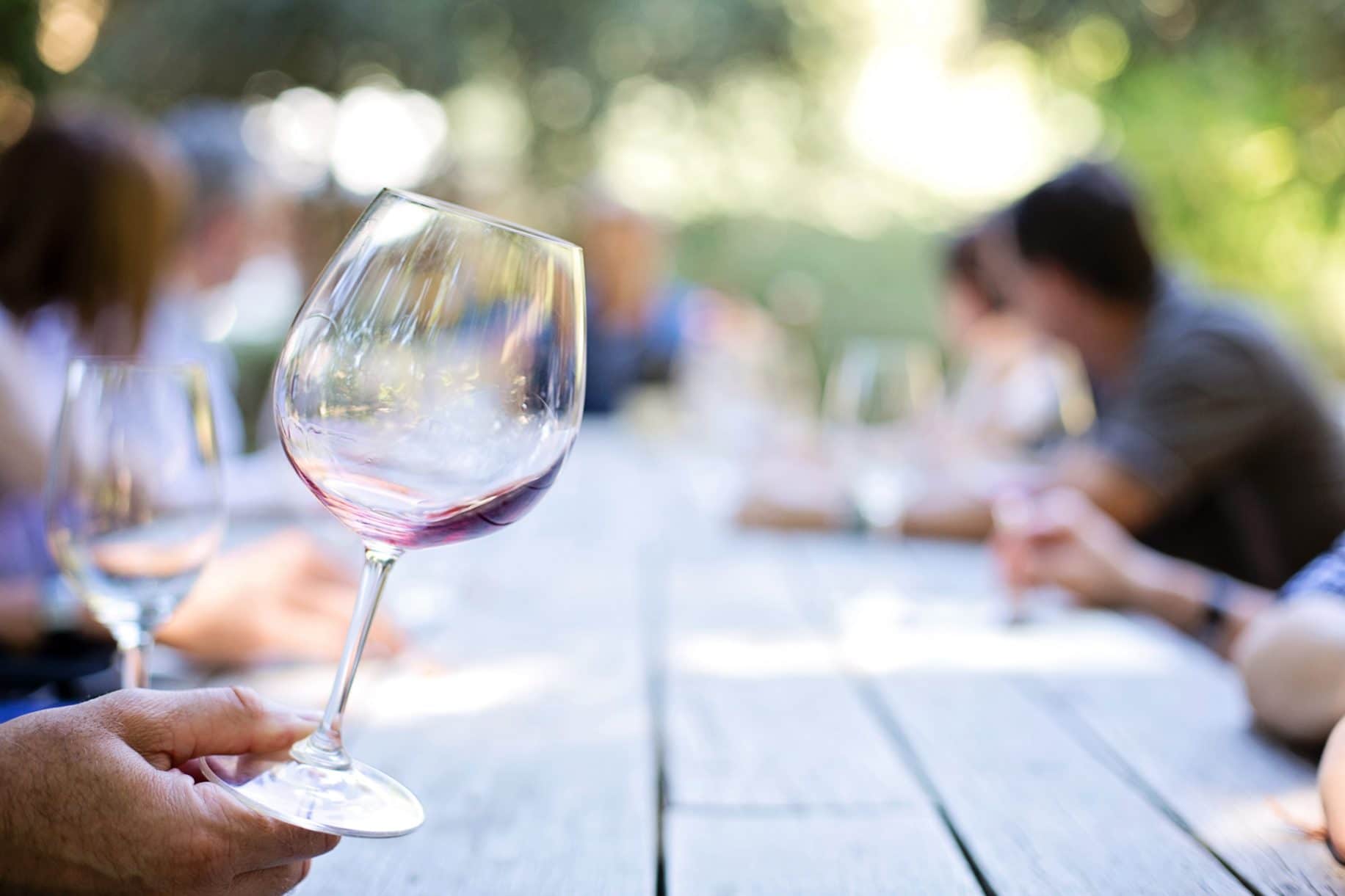Though he grew up near one of the most famous wine regions of Australia, it was an afternoon spent tasting wine in California that provided Richie Allen’s “aha” moment, steering him into a career in wine. After graduating from the University of Adelaide and gaining practical experience making wine in Australia and New Zealand, Richie returned to California in 2004 to take up a harvest position at Rombauer Vineyards in Napa Valley’s St. Helena. He subsequently worked his way up from enologist to assistant winemaker to head winemaker, and he was named Director of Viticulture and Winemaking in 2013.
Why did you become a winemaker?
During a trip to Amador County in my early 20s, I fell in love with wine. I became incredibly curious and set out to learn as much as I could about it. That led to a winemaking degree, and years working harvest after harvest, and visiting as many wine regions and tasting as many wines as I could. It was a natural progression for me that really just grew out of passion.
If you weren’t a winemaker what would you be and why?
No idea. I honestly haven’t really done anything else professionally, nor would I want to. I love my work.
What is your greatest strength as a winemaker?
I don’t have one. I’m pretty critical of myself, to be honest.
What is your biggest weakness as a winemaker?
I have too many to list. I’m constantly trying to improve. Maybe that’s my strength. I’m never completely satisfied, which keeps me motivated and focused.
What’s the one mistake you made in the cellar you would never repeat?
When I was first working in the cellar, I followed a work order that I knew was wrong because I was too scared to ask the winemaker. Of course, it was wrong, and the winemaker was pissed. From that day on, I never hesitated to speak up. I encourage our cellar staff, and especially our interns each harvest, to do the same.
What was your scariest vintage to date?
The 2011 vintage. Mother Nature cut us no slack.
What is your proudest achievement?
The 2011 vintage. It was a year that really tested your skills as a winemaker, and I was very pleased that we produced some really nice wines under really tough circumstances.
What is your favorite word or saying?
If we aren’t constantly trying to improve, we are falling behind.
What is your most prized possession?
My cameras. I love photography—stills and video. I often throw a camera in the car when I head out to the vineyards. I’ve got ridiculous amounts of footage of my 2-year-old. I’m almost as obsessed with photography as I am with wine.
What’s the oddest thing about you?
I like getting up in the morning and going to work. I don’t know many people who feel that way routinely.
What song best sums you up?
Nothing really comes to mind, although our crew adopted “Everything Is Awesome” as our anthem during this last harvest. We went straight from Chardonnay bottling to an early harvest, and we all had our moments where we were exhausted and had to sort of drag each other along. Several of us have young children and have heard that song a million times, so we’d play it or someone would start singing it to keep things light, especially when things weren’t quite so awesome.
What is your favorite memory?
Stealing sips of Dad’s beer. What kid doesn’t love that?
Which of the five senses is your strongest?
Touch.
What is your biggest motivation?
Every day, there is a chance it could be even better.
Which bottle of wine would choose to be stranded with on a deserted island?
Penfolds 1999 Grange.
What is the difference between a good and great wine?
A great wine has an intangible quality and an ability to age.
Name three individuals you would like to have dinner with.
I think when it comes to dinner, the more, the merrier. I’d prefer a big group and a lot of wine. That always makes for a more interesting mix.
Who is your winemaking hero?
Max Schubert, the creator of Penfolds Grange. I admire the confidence he had in himself. Grange wasn’t an overnight success, but he had faith in his decisions and that others would eventually come around.
What does the concept of “balance” mean to you?
When all the pieces are perfectly aligned so no single element sticks out. There is an equilibrium of flavor, aroma and texture.
What is the one thing you want people to remember about your wine?
Depth and balance. I guess technically that’s two, but both are equally important to create wines of our style at our level of quality.
Best comment made about your wine? Was it by a consumer, trade or press?
We hear this one a lot when people—consumers, trade or press—try our Cabernets for the first time: “Your red wines are so good. We never knew!”




